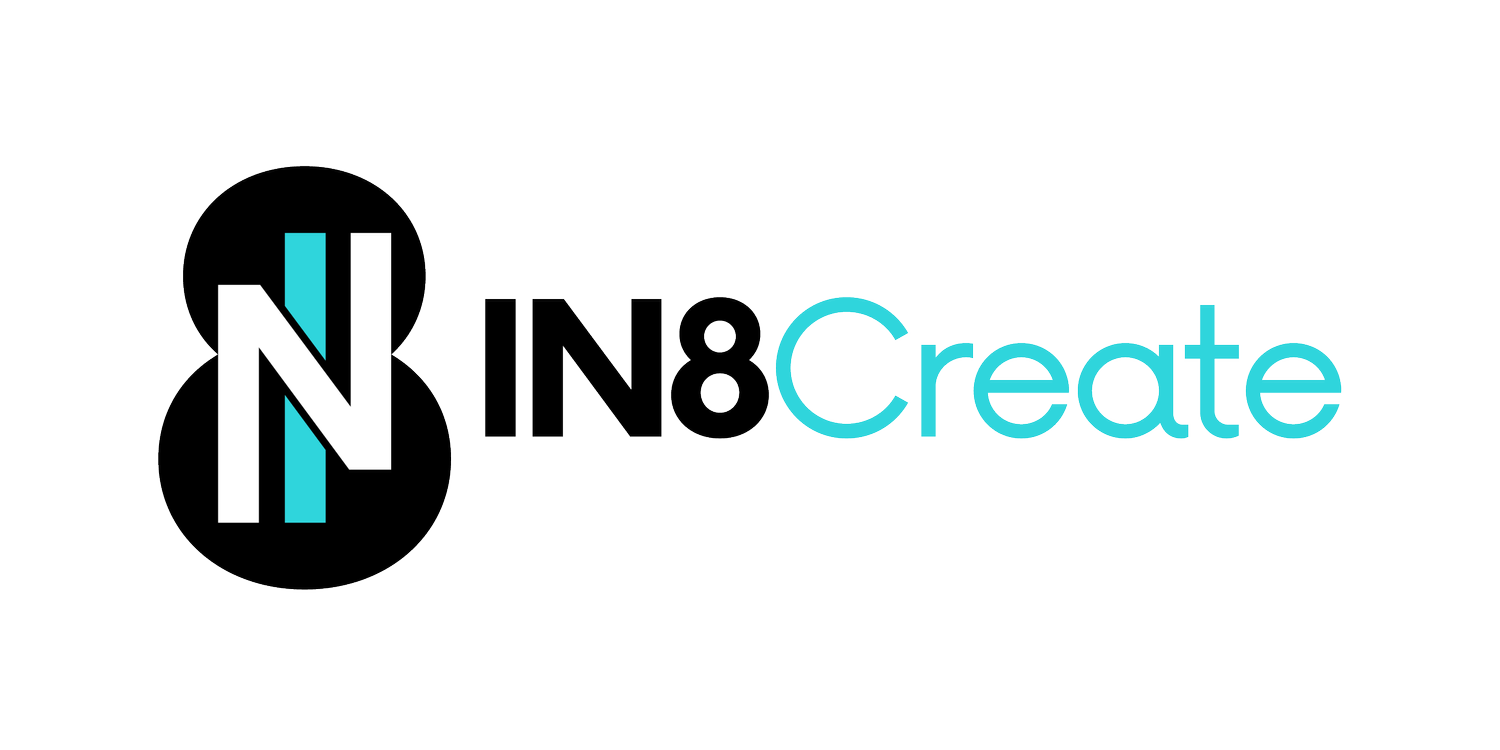Fostering Team Success Through Individual Responsibility
Individual Behaviors Define Team Culture
In today's fast-paced work environment, being part of a team is more than just completing assigned tasks. It's about understanding the delicate balance between personal goals and team objectives, and recognizing that the success of the whole often supersedes individual achievements.
The Hierarchy of Responsibilities
While each team member has personal responsibilities and goals, it's crucial to understand that team goals are typically larger and more impactful. This realization leads to an important principle: team members have a responsibility to prioritize team goals over personal ones. This doesn't mean neglecting individual growth, but rather aligning personal objectives with the team's broader mission.
This responsibility extends beyond mere task completion. It includes:
Supporting other team members
Maintaining focus on the larger goal
Contributing to a positive team culture
The Recipe for Organizational Culture
Organizational culture is often viewed as something dictated from the top down. While it's true that leadership sets the stage through policies, tools, values, and purpose, the real culture of any team or group is shaped by the behavior of each individual.
Think of it like a recipe:
Each ingredient (team member) has its own unique flavor
When mixed together, something greater emerges
The final dish (team culture) is more than just the sum of its parts
The Challenge of Modern Team Dynamics
Many teams today are facing challenges with culture, largely due to the rise of remote and hybrid work environments. These setups, while offering flexibility, can create interpersonal disconnection. Some teams are struggling to maintain a true "team aspect" in these circumstances.
Instead of a harmonious recipe that combines diverse skills and talents, some teams resemble a bowl of fruit - individual pieces sitting next to each other without truly blending to create something more significant.
Addressing Team Culture Challenges
If you're noticing challenges with culture and communication in your teams, here are some steps to consider:
Open Discussions: Start by having conversations about what being part of a team means. Encourage team members to describe the qualities of a well-functioning team.
Theoretical Before Practical: Begin with theoretical discussions before applying concepts to your specific situation. This approach allows individuals to remove themselves from immediate concerns and define ideal scenarios more objectively.
Reflection Questions: Pose thought-provoking questions to your team, such as:
How would you define world-class teamwork?
What teams have you been a part of that made you better?
How can we apply these insights to our current team environment?
Regular Check-ins: Implement regular team-building activities and communication workshops to strengthen interpersonal connections, especially in remote or hybrid settings.
Lead by Example: As a team leader or member, demonstrate the behaviors and attitudes you wish to see in your team. Your actions can significantly influence the team's culture.
By fostering an environment where team goals are prioritized and each member feels responsible for the team's success, organizations can create stronger, more cohesive teams. Remember, a great team is not just a group of talented individuals, but a synergistic unit where the whole truly becomes greater than the sum of its parts.
Understanding the complexity of team communication is half the battle. Solving it is the other half. Let us help your team navigate these complexities with our LEGO-based sessions on communication, collaboration, and connection. Contact us today to learn more and see how we can transform your team's communication dynamics. Let's build a better team together!
We have facilitators in New York, San Francisco, Las Vegas, Los Angeles, Tampa Bay, Chicago, San Diego, Dallas, and more! We also travel!



